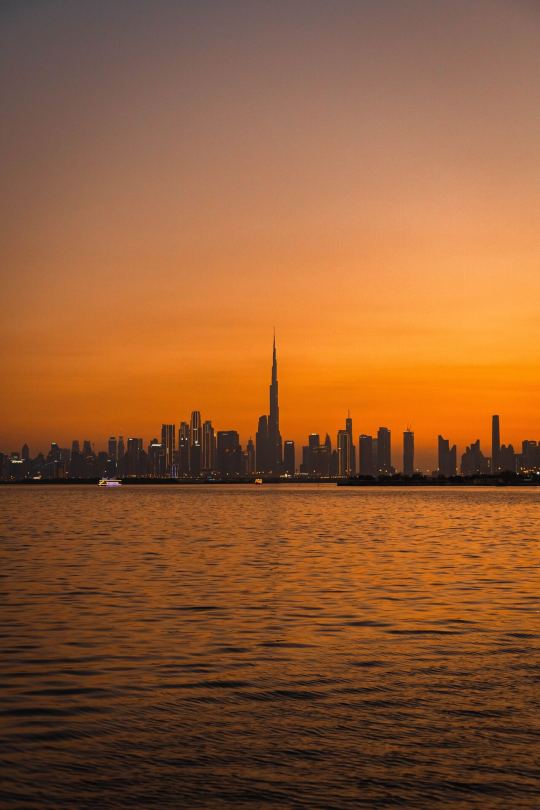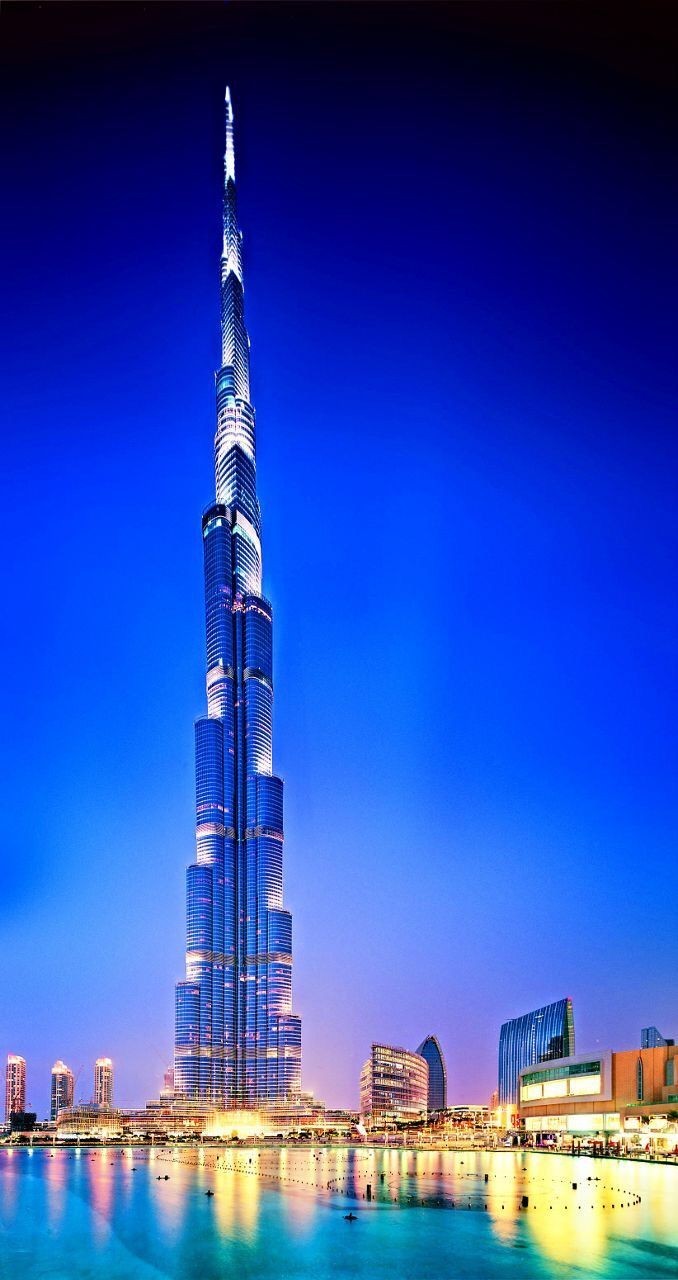#burj khalifa dubai
Explore tagged Tumblr posts
Text
youtube
#Ugly And Traveling#burj khalifa#dubai mall#dubai burj khalifa#dubai burj khalifa light show#dubai fountain show#dubai mall fountain show#burj khalifa dubai#burj khalifa dubai mall#burj khalifa dubai night view#burj khalifa dubai building#burj khalifa fountain show#burj khalifa fountain#burj khalifa fountain michael jackson#uae anthem fountain#burj khalifa at night#dubai mall at night#burj khalifa at night view#dubai fountain#dubai fountain arabic song#uae#uglyandtraveling#travel blogger#travel vlog#travel channel#ugly & traveling#travel around the world#travel backpack#traveling vlog#travel
0 notes
Text

#postsss#fotosss#fast cars#cars#luxury cars#sports cars#porsche#porsche 911#porsche gt3rs#bmw#mercedes#dubai#dubailife#burj khalifa#dubai skyline#car photography#luxury#luxury lifestyle#luxury living#rare cars#photography#life#street fashion#car lovers
2K notes
·
View notes
Text

Khalifa tower Dubai
#burj khalifa Dubai#mountains#tourism#blogi motylkowe#photographers on tumblr#landscape#mountain lake#mountain landscape#tourist#pakistan#culture
0 notes
Text
Burj Khalifa, Dubai Fontain, Dubai: The Dubai Fountains are a choreographed fountain system located on the 12 hectare artificial Burj Khalifa Lake, at the center of the Downtown Dubai development in Dubai, United Arab Emirates. Wikipedia
83 notes
·
View notes
Text

(by Itadaki)
#vertical#landscape#a#x#watsf#curators on tumblr#water#Itadaki#Dubai#united arab emirates#Burj Khalifa#sunset#city
788 notes
·
View notes
Text


Burj Khalifa
#burj khalifa#uae#dubai#mine#aesthetic#art#sky#clouds#night#skyscraper#architecture#palm trees#building#design#beautiful#view#zexox
155 notes
·
View notes
Text

BURJ KHALIFA
69 notes
·
View notes
Note
pick your favourite skyscraper:
- skytree, tokyo, japan
- the shard, london, uk
- empire state building, nyc, usa
- burj khalifa, dubai, uae
- shanghai tower, shanghai, china
- other (you can list in the comments if you like)
- results
#thank you for the poll!#polls of tumblr#polls#random polls#poll#tumblr polls#polls on tumblr#poll time#yes or no#incognito polls#anonymous polls#skytree#tokyo#japan#the shard#london#england#uk#empire state building#new york#usa#burj khalifa#dubai#uae#shanghai tower#shanghai#china
17 notes
·
View notes
Photo

Experience the Magic of the Dubai Skyline! 🌆✨
Hey there, wallpaper lovers! 🎉 We’re excited to share one of our latest creations: a breathtaking view of the Dubai skyline, featuring the iconic Burj Khalifa—the tallest building in the world! 🏙️
This stunning wallpaper captures the vibrant energy and architectural marvel that Dubai is known for. Whether you're dreaming of a trip to this dazzling city or just want to add a touch of elegance to your screen, this wallpaper is perfect for you.
Imagine the sun setting behind those magnificent skyscrapers, casting a golden glow over the city. 🌅 It's a sight that truly inspires awe and wonder!
Ready to elevate your device with this incredible view? Don’t miss out! You can easily experience the skyline magic by clicking here to grab this wallpaper.
Let us know what you think in the comments! We love hearing from you and seeing how our wallpapers brighten up your screens. Keep an eye out for more stunning designs coming your way!
Happy decorating! 🎨
#Dubai#Skyline#Burj Khalifa#Cities#Architecture#Wallpapers#Travel#Urban#Cityscape#Modern#Design#Photography#Scenic#Landscape#Sunset#Vibrant#Dazzling#Inspiration#Desktop#Mobile#Art
10 notes
·
View notes
Text

𝔹𝕦𝕣𝕛 𝕂𝕙𝕒𝕝𝕚𝕗𝕒 𝔾𝕠𝕠𝕕 𝕖𝕧𝕖𝕟𝕚𝕟𝕘 𝕞𝕪 𝕗𝕣𝕚𝕖𝕟𝕕𝕤
#outdoors#photographer#photography#nature#alamiri#art#dubai#landscape#first post#education#burj khalifa#dubailife#abudhabi#love#tumblr culture#artists on tumblr#russia#ukraine#architecture#advertising#black and white#woman#my post#500 likes#100 likes#lifestyle#illustration#photoshoot#photo#my photos
27 notes
·
View notes
Text
New year soon #Dubai Burj Khalifa 🎉🤗🔝
Follow @heritageclass for more classy content.
#travel#Burj Khalifa#trip#voyage#travelling#wonderlust#viaggio#travel world#happy new year#dubai#traveling
7 notes
·
View notes
Text

The Night Kingdom
The Night Kingdom - Dubai Thunderstorms 16 April 2024 - By Ahmad Alnaji - I am happy to share with you the stunning result of the thunderstorm we witnessed this early morning. With the mighty Burj Khalifa and the beautiful Downtown Dubai in the foreground. This artwork is complete!
By Ahmad Alnaji
#ahmad alnaji#photographer#the night kingdom#night photography#skyline#dubai#thunderstorm#burj khalifa#architecture
8 notes
·
View notes
Text
I've got a new humanization here! Meet Nail Adrian Smith. He is the humanization of the Burj Khalifa in Dubai, UAE.
I decided to draw him eating Dubai chocolate and he seems to like it!


4 notes
·
View notes
Text


#fazza#faz3#UAE#Dubai#burj khalifa#shkhamdan#sheikh hamdan#sheikh hamdan bin mohammed bin rashid al maktoum#sheikh zayed#falcon
6 notes
·
View notes
Text
Das war der Burj Khalifa am 1.1.2024 .
4 notes
·
View notes